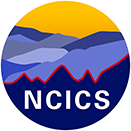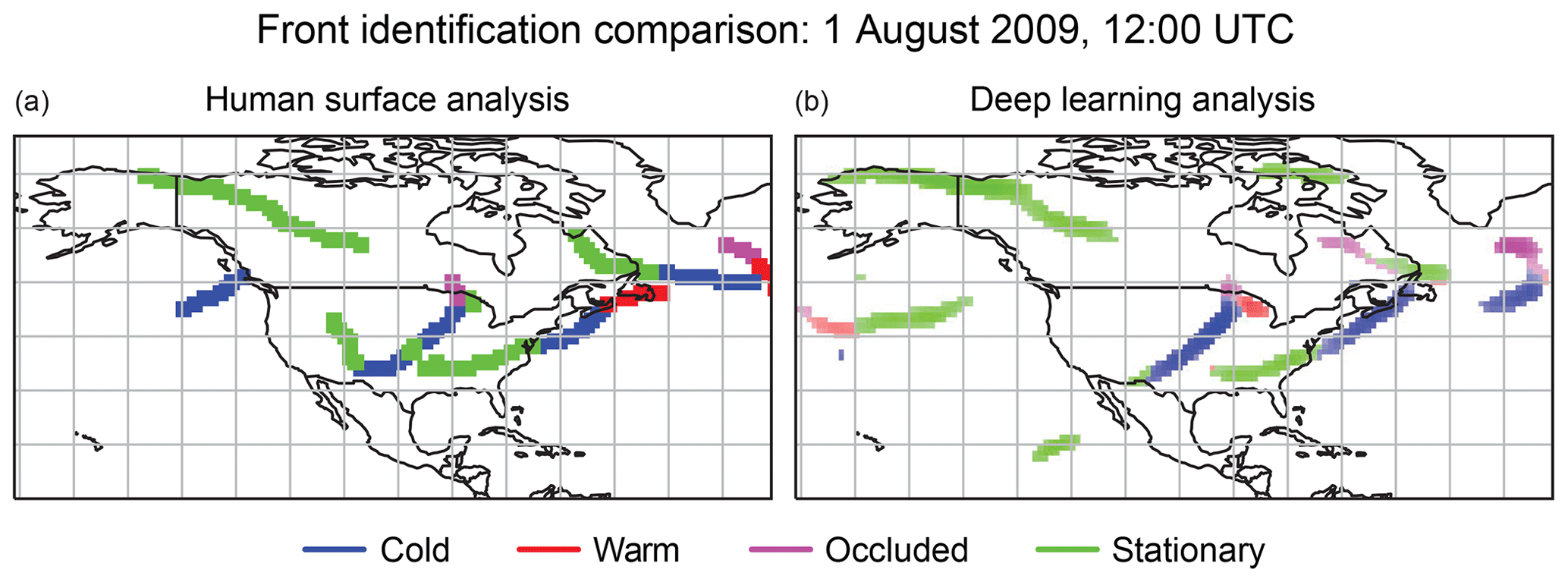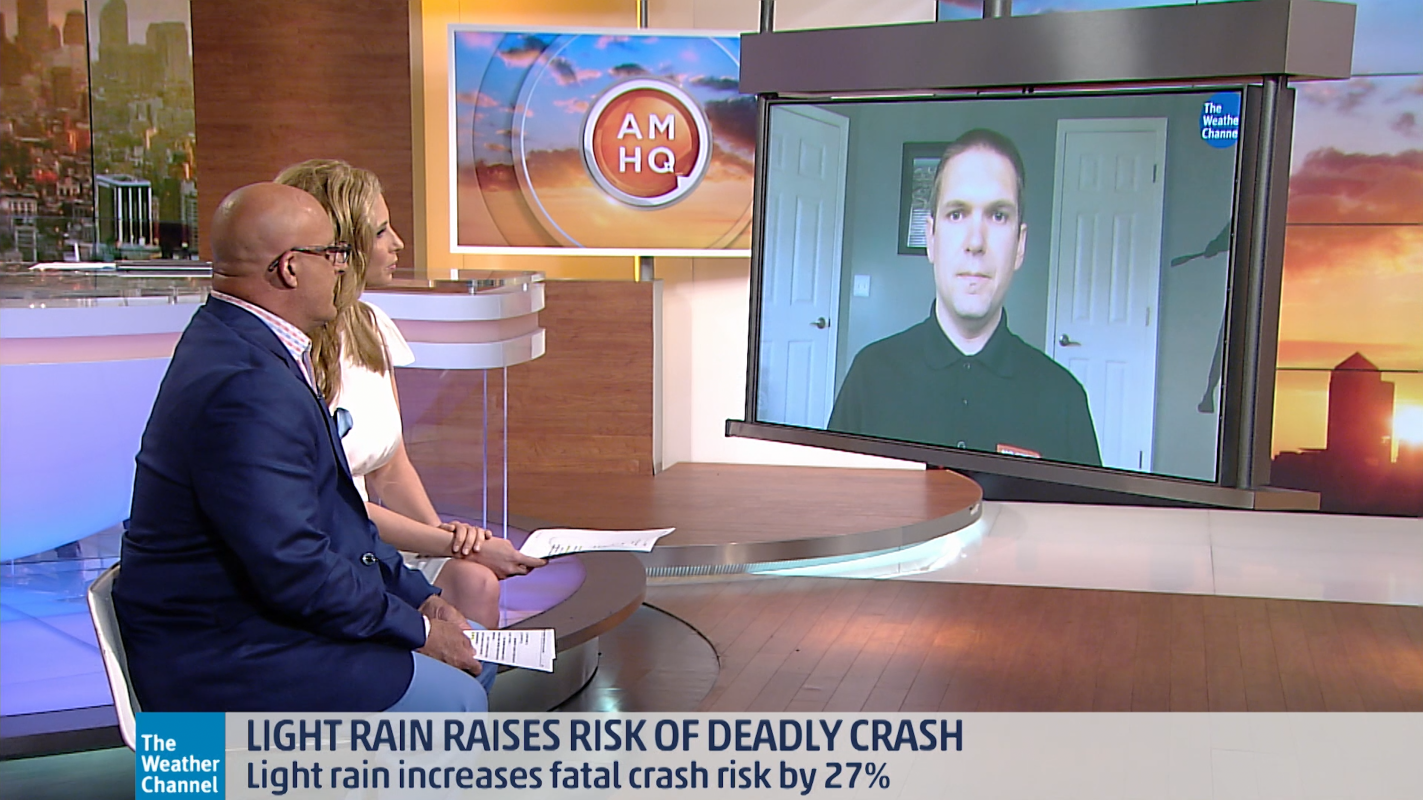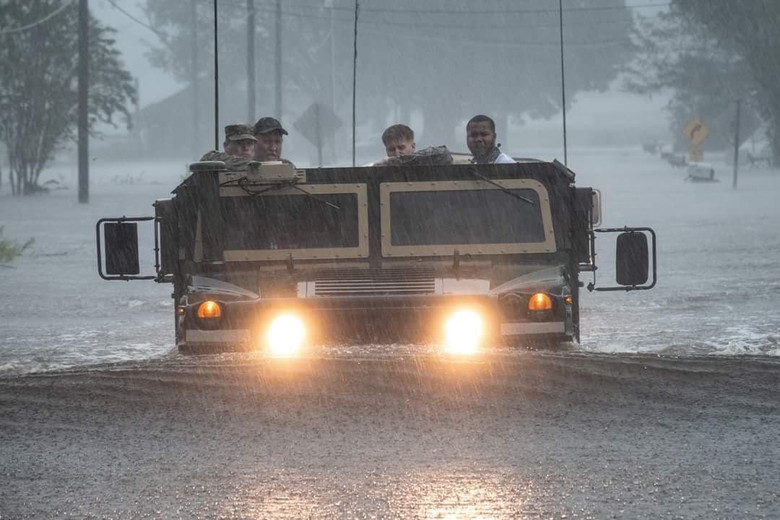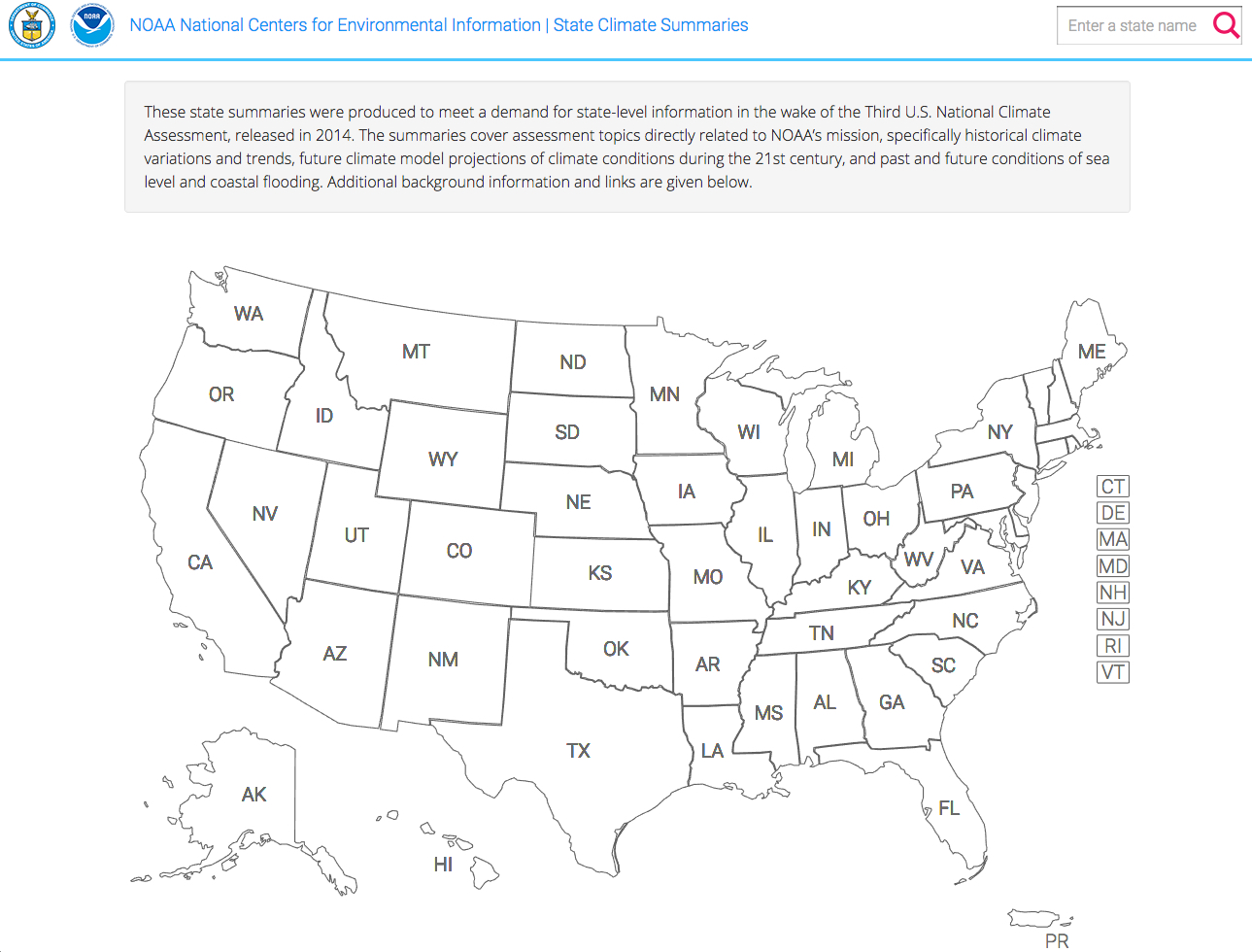Tag: Kenneth Kunkel
May 10, 2022
Projecting Changes in Heavy Precipitation for Infrastructure Design
New design values for the intensity, duration, and frequency of heavy precipitation account for the projected effects of climate change. An interactive website provides easy…
Dec 19, 2019
Using a Neural Network to Detect Weather Fronts
NCICS researchers Jim Biard and Kenneth Kunkel have developed a deep learning neural network tool called DL-FRONT that automatically identifies weather fronts in datasets of…
Dec 19, 2019
Hurricanes Harvey and Florence: Historical Context
In 2017 and 2018, the United States experienced historic rainfall totals and damaging inland floods from two slow-moving hurricanes—Harvey and Florence. In a new paper…
Dec 19, 2019
Submonthly Temperature Data and Extreme Heat Events
Homogenized Temperature Data at Submonthly Frequencies Researchers interested in how heat waves and cold waves are changing over time, or in how particular heat or…
Apr 30, 2019
Scott Stevens on The Weather Channel's AMHQ
On April 30, 2019, Scott Stevens appeared live on the AMHQ program on The Weather Channel, speaking with Jim Cantore and Stephanie Abrams about recent…
Sep 25, 2018
Putting Hurricane Florence into Historical Perspective
Preliminary research by NCICS’ Kenneth Kunkel indicates that Hurricane Florence was among the rainiest storms to hit the United States in the last 70 years. Based…
Mar 7, 2017
US-India Climate Downscaling Workshop
This week, CICS-NC is partnering with the Indian Institute of Tropical Meteorology (IITM) and the Centre for Climate Change Research, both under the Ministry of…
Jan 13, 2017
NCICS at AMS 2017 Annual Meeting
NCICS at AMS 2017 Following closely on the heels of a busy American Geophysical Union 2016 Fall Meeting, the 2017 annual meeting of the American…
Jan 9, 2017
State Climate Summaries Released
The front page of the California State Climate Summary PDF. In response to growing demands for state-level information on the assessment of climate change, NOAA’s…
